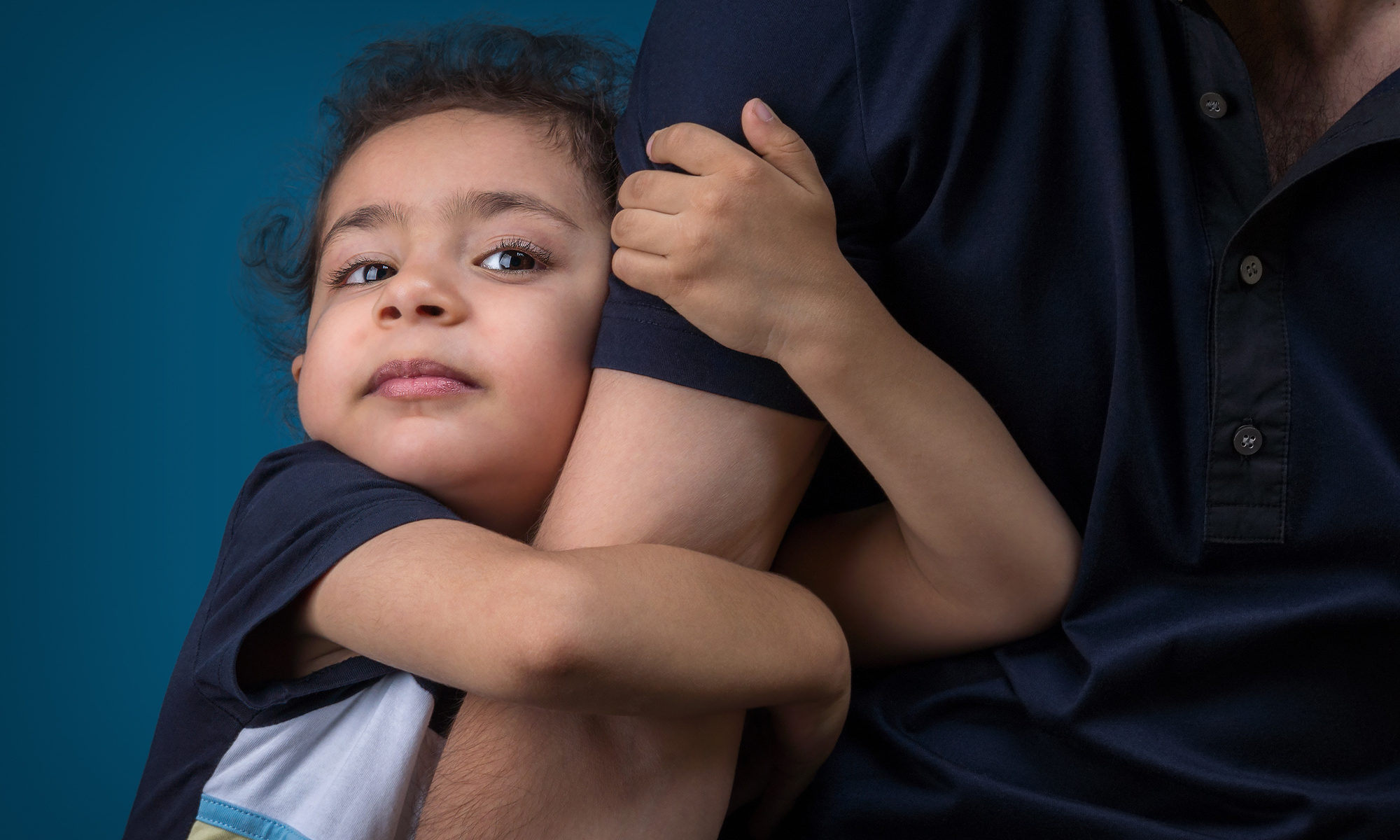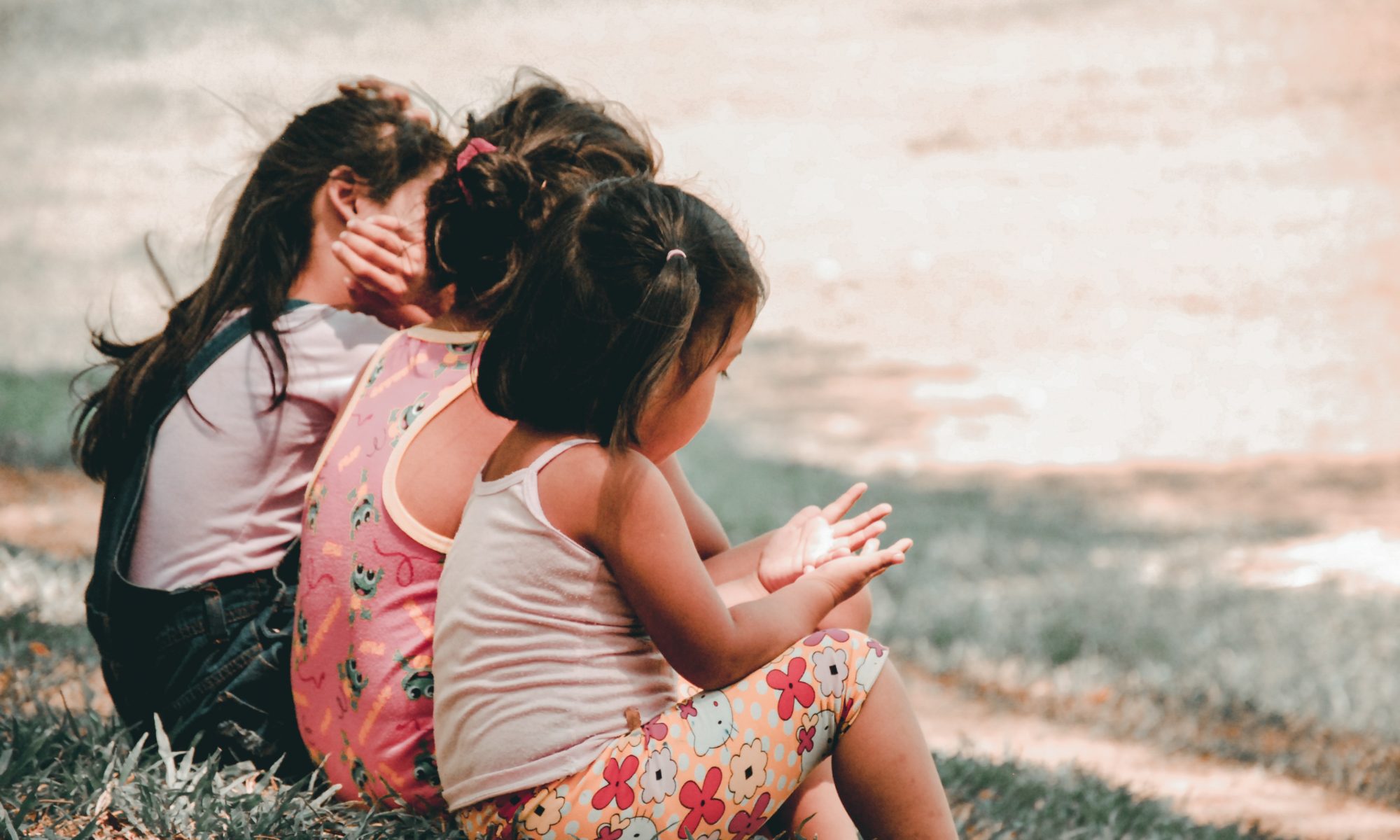It’s a familiar pain to many of us. In fact, over 746,000 couples get divorced every year, many of whom have children who will likely remember the process forever.
Fortunately, that doesn’t have to be a negative memory, and there’s a lot you can do to make sure of that. Let’s talk about how to achieve the best results of divorce with children.
Effects of Divorce With Children
It is no secret that divorce is associated with a negative impact on children. Well, the point of this article is to explain that it doesn’t have to have a negative impact.
However, children who experience a divorce often acquire unintended psychological or physiological side effects such as:
- Depression
- Anxiety
- Trust issues
- Aggression
- Social issues
- Insecurity
- Feelings of guilt
- Emotional sensitivity
- Health problems
The list goes on, and can even include developmental delays. There are also many common effects on children’s daily lives, including poor academic performance and impulsive behavior. These symptoms are unique to the child, the child’s age, and the circumstances surrounding the divorce.
Fortunately, parents have some control over these circumstances. The more hostility, anger, or negative emotions involved in the process, the worse the effects will be. Limiting these
What Causes A Destructive Divorce?
While there are thousands of possible answers to this question, there are some common themes in divorces that cause unnecessary tension. Here are a few examples.
Financial Disparity
If a child goes to one parent’s house and finds it far more comfortable and feels crowded in the other, this will ultimately lead to problems such as resentment. Because of this, child support is necessary for maintaining a more consistent living standard for the child.
Although, co-parenting is far more expensive when parents are paying for two houses and the resources that come with them. It’s unlikely that both parents earn the same income, and we didn’t even mention the average cost of divorce. We strongly encourage parents to come to terms beyond a simple court decision to ensure the best life for the child.
Distance
If parents live two streets away, it becomes easy for children to quickly travel between and communicate with each parent. However, if one parent lives in North Carolina and the other in Massachusetts, this does nothing but harm the child’s development.
In certain cases, a child is forced to adapt between living situations every week, every other week, or every month with limited contact with the other parent in the meantime. All this does is remove the child’s sense of grounding and create a host of logistical issues.
Not Taking the Child Into Consideration
Particularly, making the divorce about yourselves as parents is one of the worst ways to handle a divorce.
Most parents would be horrified to imagine that their actions are harming their child in some way. However, it takes a special type of parent to consider their child’s needs and emotions during a high-stress period such as divorce. It is a lot easier to be wrapped up in your issues.
Nevertheless, when parents neglect the needs of their children during such a period, the child will suffer unnecessarily. Parents going through a divorce should both agree to prioritize the needs of the child and work as a team to help them. This is true no matter how parents feel toward one another.
Consequently, parents need to collectively think about their actions, words, and moods when around their children.
How To Be an Effective Parent During a Divorce
Effective parenting requires teamwork and a genuine desire to help your child. If you feel that you or the other parent can’t handle this, then a conversation must take place to establish guidelines and boundaries. When both parents read the same co-parenting guide and work to meet their child’s needs, it works out best for everyone.
Be Honest
Honesty is important in any relationship, especially in a situation like divorce. You can spare your child the details of any complications involving the divorce or anything else, but try your best to maintain and earn your child’s trust.
When you initially choose to talk to your child about the divorce, be mindful of your tone, teamwork, and timing.
For example, have you talked to the other parent about having this conversation? Will they be included? Is your child already dealing with problems at school? How will I break the news to them? These are important questions to ask before having the talk.
Also, don’t toy with their emotions. If the decision to get divorced is final, then it’s not okay to get a child’s hopes up by implying that this is temporary or that things may change in the future. If you don’t believe it, don’t let your child believe it.
Finally, be honest with their other parent. Lying to, or withholding information from, anybody in this situation will only harm trust and make the situation more tense than it needs to be.
Be Present
Your child needs to know that they still have their parents, now more than ever. It is important that you are there to answer any questions, lend an ear, or assist with your child’s needs as they come.
Remember, the process of the divorce isn’t the only time when co-parenting is necessary. The need for co-parenting continues on into adulthood after the divorce is finalized.
Because of this, it’s important to think of parenting as a marathon, not a sprint. Figuring out short-term logistics and solutions is part of your job as a parent, but it doesn’t stop there.
Maintain a presence with your child and their other parent, especially in the early stages of the divorce. Make it known that you are available and that you intend to be for the long haul. They need that reassurance.
Communicate Effectively
You don’t have to try to reconcile or improve your intimate relations with one another, but when there is a child involved, you will still need to learn how to communicate. If all communication is done through third parties like lawyers or friends, then you won’t get anywhere. Also, that “third party” should never be your child.
Instead, parents should arrange an agreement to meet and discuss matters related to their child without hostility regularly. Parenting is an ongoing process, and both parties need to remain updated and consistent to be the most effective.
Particularly, you should have routine discussions and remain in contact through texts or calls related to your child’s wellbeing.
Consequently, effective communication should also involve the child. When big changes are approaching, talk to your child ahead of time and let them know the details. Try your best to ensure them that everything will be okay.
Have Good Intentions
We could offer an entire article about the importance of good intentions in divorce. As a parent, you play a major role in setting the tone of the future dynamics. If what you do is with always good intentions, you will usually receive the same respect.
Good intentions should be used across the board. Here’s how.With Your Child
When you communicate with your child or their other parent, good intentions go a long way. The worst thing a parent can do to a child who is already struggling during a divorce is to try to put them in the middle, further change their worldview, or manipulate them.
For example, children should never be led to believe there is a “good guy” or a “bad guy” in a divorce. If you don’t have anything positive to say, it’s better to not say anything at all. Try to use a positive tone when talking to, or about, their other parent.
Moreover, always have the purest of intentions when interacting with your child. It is perfectly okay to feel stressed or angry during a difficult period of your life, but you do not need to put that onto your child. If you are about to say something negative, stop and ask yourself why you are saying it.
Also, if the other parent is seeing someone new, bad-mouthing them is never appropriate. You can’t control how much time that child will spend with that person in the future, so setting the tone for a negative experience serves nobody.With Your Ex
Conversely, if you discover that your separated partner has been mistreating your child in such a way, it won’t help to yell at them or lecture them about it. This will only increase the hostility of the divorce, which your child will sense.
Instead, ask them to sit down and talk about your child’s needs and bring up your concern in a productive, benevolent way. If you say “you’re a manipulative person”, you will only create a hostile environment.
However, if you say “Our child told me that you said this, and I wanted to bring it up with you. I understand tensions are high, but I don’t believe this is helpful to our child’s wellbeing.” Even if this is received poorly at first, this should be a productive way to raise concerns, which is an important part of communication and effective parenting.In Court
The same applies during the actual divorce. If there is something you really want out of the divorce, ask yourself if it is because you truly believe it is fair. If it’s something you believe is right and just, then it’s okay to fight for it.
However, if you are doing something purely out of spite or with the wrong intentions, they will be perceived that way. It’s one thing to claim that you’re doing things in the best interest of everybody involved, but it’s an entirely different thing to actually consider others’ best interests. Either way, it won’t go unnoticed.
Don’t Overcompensate
A common ambition of parents during a divorce is to try to spoil your children into feeling better or “liking you more”. Not only is this not a good long-term strategy, but it will likely lead to unnecessary conflict.
Again, always question your own intentions before making decisions. However, this is often done unconsciously or with the sole desire of making the child feel better.
Nevertheless, you are still a parent and still one of the primary adults in the child’s life. For the sake of their development, you still need to act like a parent and try to provide them with the best childhood that you can.
It is perfectly okay to take your child out for ice cream and to have fun with them. However, showering them with unnecessary gifts and rewards because of your own guilt won’t help them, even if it feels right in the moment.
Instead, try to be present, honest, and genuine with your child at all times. That is what they need.
Take Care Of Yourself
Lastly, your child needs healthy parents. During your time alone, it’s important to ensure that you are remaining safe and healthy. There are many learning curves that come with divorce, like how to handle living alone.
We discussed a lot about taking care of your child, which is likely your top priority. However, that doesn’t mean you should sacrifice taking care of yourself.
Don’t Give Up!
Listen, divorce with children inevitably comes with bumps in the road. How you handle those bumps will determine how your child looks back at a large portion of their childhood. If you take anything away from this, always have the best of intentions for your child and try to work as a team. If you want to learn more about co-parenting, stay up to date with our latest news and contact us with any questions!












